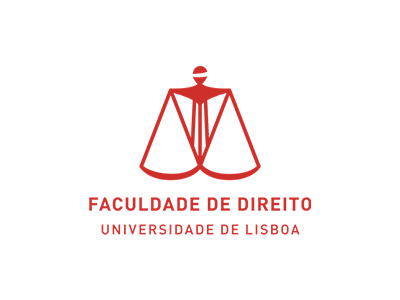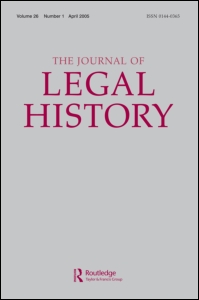Professions
and Methods in Comparative Legal History
1-3
July 2020, University of Lisbon, Portugal
The Organising Committee of the 6th Biennal
Conference and the Executive Council of the ESCLH are pleased to call for
papers for the upcoming conference to be held. The main theme picks up threads
of thought from the earlier ESCLH conferences in Valencia (2010), Amsterdam
(2012), Macerata (2014), Gdansk (2016), Paris (2018) to explore what roles
Professions and Methods have played, and continue to play, within comparative
legal history. Offers of papers should be submitted by 15 November 2019
(details below).
The
conference will focus on legal professions and method, especially the methods
of legal professionals across Europe and the world. Judges, lawyers and
other legal professions have developed differently from country to country and
even now, we can find substantial differences in training, method, role and
work. Legal methodology, including the motivation of judicial decisions, lawyerly
style and method of arguing cases needs to be studied in historical and
comparative perspective to understand where we are now, and where we might be
heading.
Papers
could probe the process
of emergence and evolution of legal professions, from their institutional aspects
and their understanding of their jobs, through to technical matters of method. They
could also study the effects of structure of legal professions on the on the
way law functions, most obviously through case law. Papers which also look
through the lens of the historical context of the countries in which the legal
professions operated are welcome.
Papers
should be novel, properly researched and referenced. They should address the
conference theme, exploring doctrinal, theoretical, cultural or methodological
aspects of comparative legal history. They must also be comparative, addressing
more than one system of laws. The organisers particularly welcome addressing
multiple legal systems or cultures. This includes where a similar legal
system functions in different cultural circles.
Practical details:
1. To offer a paper, please send the title of their
paper, a short abstract (of 200-400
words, no more, and a short CV (no more than 1 page) by 15 November 2019 to
the organizing committee, c/o esclhinlisbon2020@fd.ulisboa.pt
2. The presentations should be in English.
3. It is also possible to submit a complete proposal
for one or more panels (3 papers normally).
4. The list of accepted papers will be announced by early
December 2019.
Shortly, a conference website will be launched
with fuller details of the conference. For the moment, some transport and
accommodation information follows.
Lisbon offers many accommodation possibilities ranging from five-star
hotels, through smaller hotels and private rooms to beds in youth and student
hostels. For some postgraduates the University of Lisbon, might be able to offer
cheaper accommodation in student dormitories, and anything available will be
advertised in due course.
Organising Committee:
Pedro Barbas Homem
Susana Antas Videira
Ana Fouto
Jorge Silva Santos










